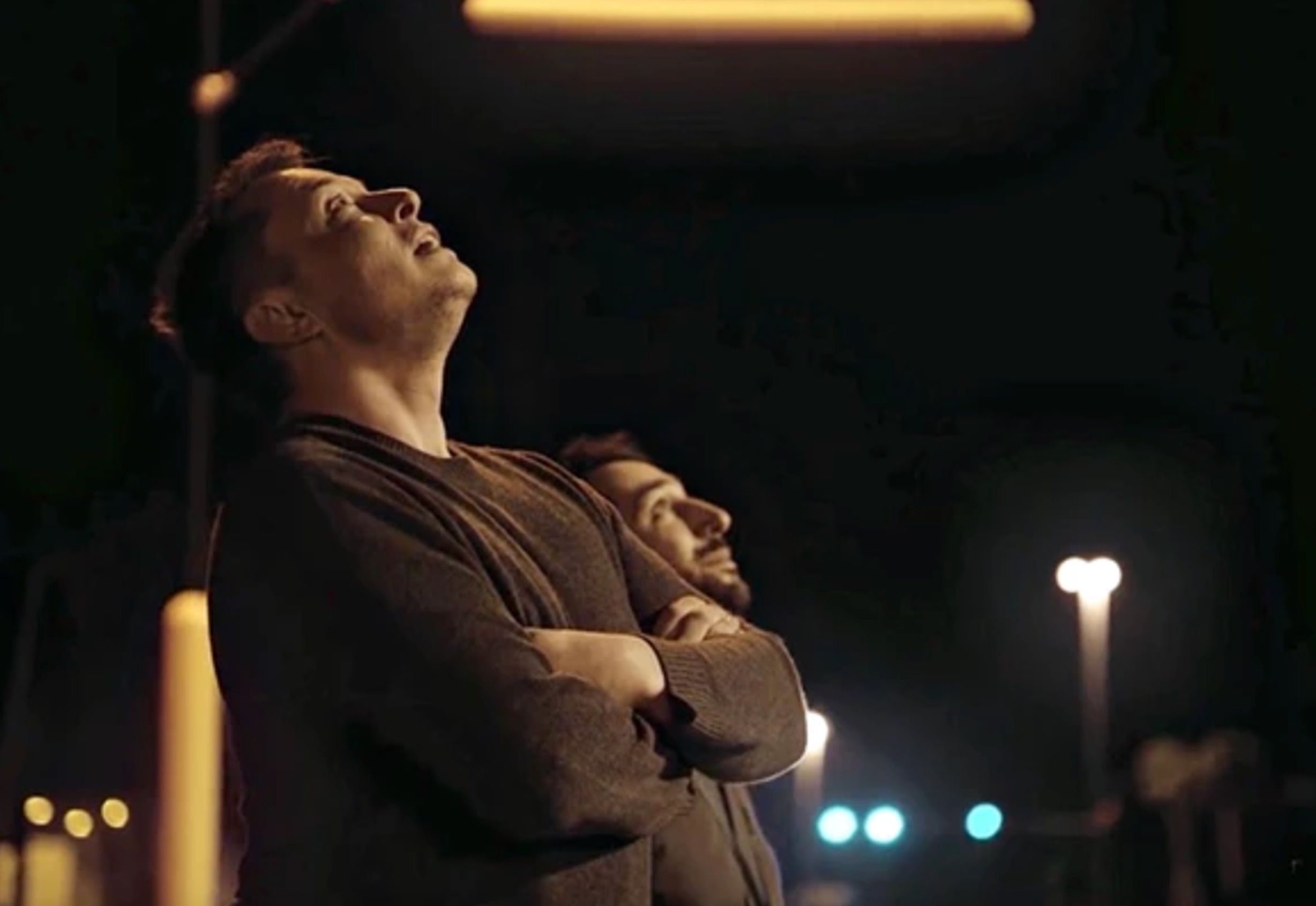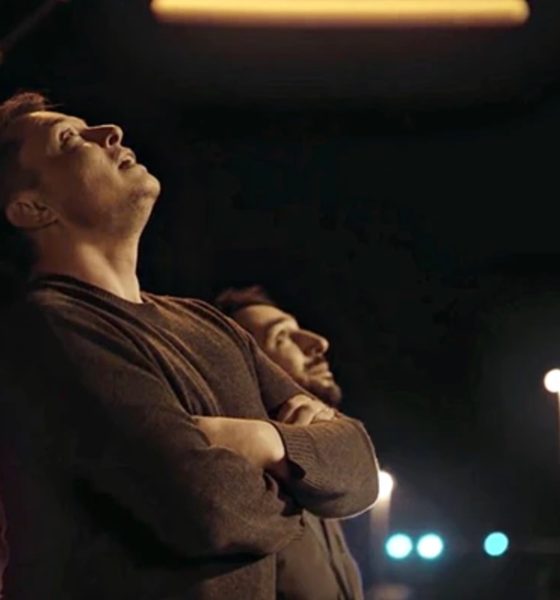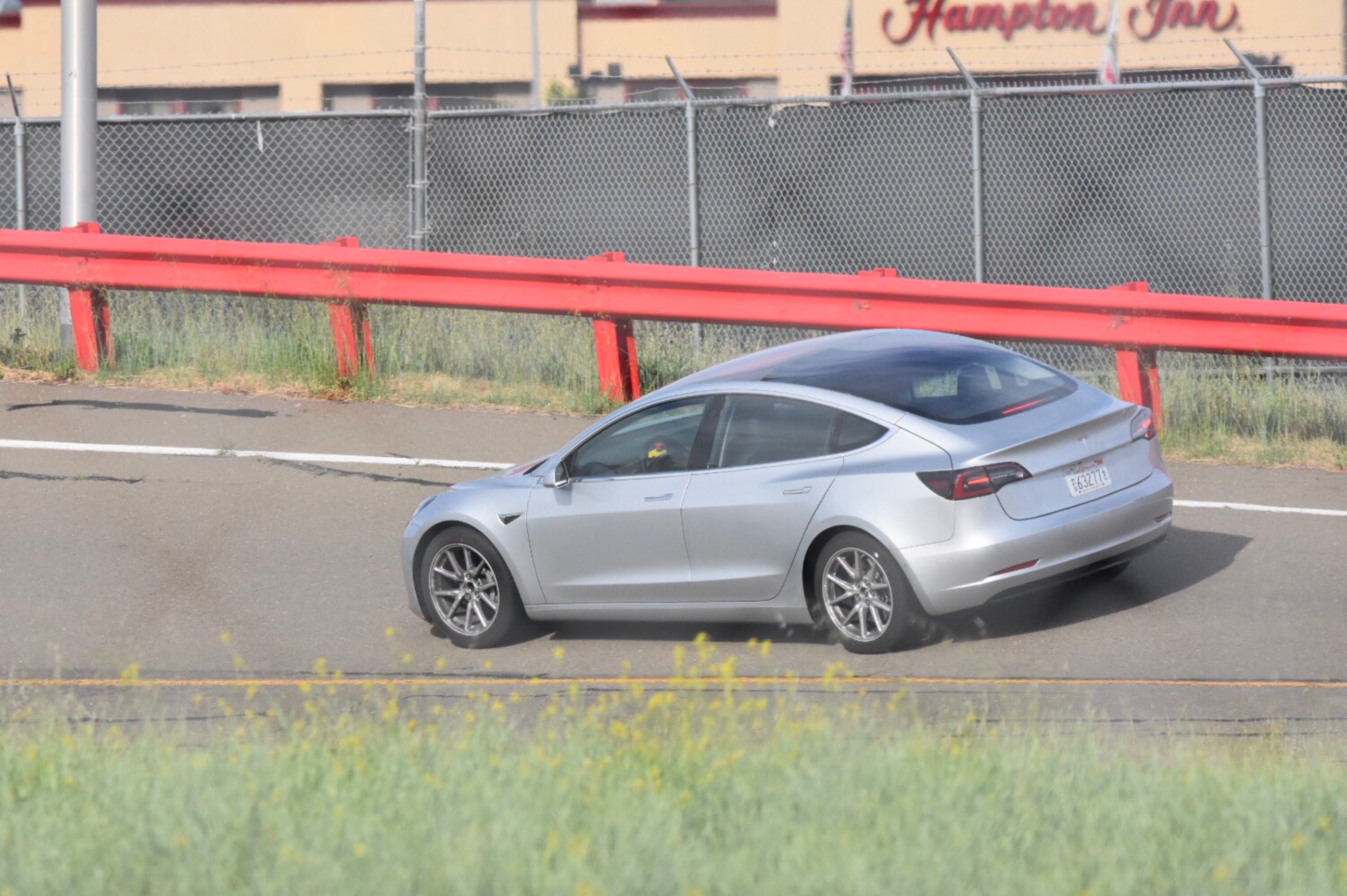

Investor's Corner
Tesla CEO Elon Musk’s love-hate relationship with ‘the media’
Negative media coverage is a fact of life for any company, large or small. However, as it does in so many areas, Tesla approaches this problem quite differently than most firms do. Conventional wisdom has long been that companies shouldn’t respond to attacks in the media, but Elon Musk never got that memo. He responds quickly, bluntly and often colorfully.
Lately, the anti-Tesla stories have been spewing forth like fastballs from a pitching machine – so quickly that you might think poor Elon has time to do little else than bat them away.
When a media outlet offers constructive criticism, Tesla often responds in a constructive way. When Consumer Reports announced that it wouldn’t recommend Model 3 because of the new EV’s poor performance in a braking test, Elon Musk immediately promised to look into the matter. Within a week Tesla had improved Model 3’s braking via an over-the-air software update, and CR awarded the coveted Recommended rating.
On the other hand, the Iron Man has never been shy about calling BS when he feels Tesla has been portrayed unfairly. To take just one example, Business Insider has been a frequent purveyor of anti-Tesla pieces, including one that claimed Model 3 production was producing an “insane amount” of scrap at Gigafactory 1, and another that accused the company of cutting corners by skipping a “critical” braking test.
In the first case, inside information was provided to Business Insider by a Tesla employee, Martin Tripp, who is now being sued by Tesla for sabotaging the company’s manufacturing software and stealing trade secrets (Tripp claims he is not a saboteur, but a whistleblower).

Above: Track testing the Model 3 at Tesla’s Fremont factory (Source: @TeslaClubBE)
Both of these hit pieces were written by Business Insider’s Linette Lopez, whom Elon Musk has accused of acting “as an inside trading source for one of Tesla’s biggest short-sellers” (apparently a reference to super-Tesla bear Jim Chanos) and “bribing” Mr. Tripp. The Twitter exchanges between Musk and Lopez have now degenerated into an undignified flame war.
So, cui bono from the flinging of all this mud and FUD? Obviously, media outlets, of both the respectable and gutter varieties, profit from the huge appetite for Tesla news of any kind. However, it would be hard to deny that, despite the best efforts of its critics, Tesla benefits from the endless controversies in the form of “free publicity that just raises the company’s profile and drives demand for its cars,” as Brooke Crothers writes in a recent Forbes article.
Tesla has been turning media lemons into publicity lemonade since the beginning. A 2008 snarky review of the Roadster and a 2012 turd-in-the-punchbowl article in the New York Times both evolved into media coups for Tesla (in the first case, the publicity was far from free – Tesla laid out a huge sum in legal costs). Both stories are told in detail in a certain book about Tesla.
In fact, Mr Crothers thinks the frequent media clashes have become “pretty predictable and pretty boring.” The Musk vs media trope has now evolved into what you might call “meta-coverage” – that is, media coverage about media coverage, for example, recent articles in the Times and CNBC.
Above: CNBC’s “Fast Money” crew discuss Elon Musk taking on the media (Youtube: CNBC Television)
Journalists who engage in sketchy reporting don’t damage Tesla’s brand, says Crothers. “In the end, it serves Musk’s cause to expose the media as hacks out to get him.”
When the custom-forged monoblock aluminum wheels hit the road, what matters is not the scare stories about fires, Autopilot crashes, cobalt, production problems, red ink, union-busting (we could go on, but you get the idea), but rather the quality of Tesla’s vehicles, and here even the company’s most ardent critics have little to say. The evil media, from mainstream car mags to amateur offerings on YouTube, overflows with rave reviews. The real winners in this battle would seem to be car buyers.
===
Note: Article originally published on evannex.com by Charles Morris

Elon Musk
Tesla stock gets latest synopsis from Jim Cramer: ‘It’s actually a robotics company’
“Turns out it’s actually a robotics and Cybercab company, and I want to buy, buy, buy. Yes, Tesla’s the paper that turned into scissors in one session,” Cramer said.

Tesla stock (NASDAQ: TSLA) got its latest synopsis from Wall Street analyst Jim Cramer, who finally realized something that many fans of the company have known all along: it’s not a car company. Instead, it’s a robotics company.
In a recent note that was released after Tesla reported Earnings in late January, Cramer seemed to recognize that the underwhelming financials and overall performance of the automotive division were not representative of the current state of affairs.
Instead, we’re seeing a company transition itself away from its early identity, essentially evolving like a caterpillar into a butterfly.
The narrative of the Earnings Call was simple: We’re not a car company, at least not from a birds-eye view. We’re an AI and Robotics company, and we are transitioning to this quicker than most people realize.
Tesla stock gets another analysis from Jim Cramer, and investors will like it
Tesla’s Q4 Earnings Call featured plenty of analysis from CEO Elon Musk and others, and some of the more minor details of the call were even indicative of a company that is moving toward AI instead of its cars. For example, the Model S and Model X will be no more after Q2, as Musk said that they serve relatively no purpose for the future.
Instead, Tesla is shifting its focus to the vehicles catered for autonomy and its Robotaxi and self-driving efforts.
Cramer recognizes this:
“…we got results from Tesla, which actually beat numbers, but nobody cares about the numbers here, as electric vehicles are the past. And according to CEO Elon Musk, the future of this company comes down to Cybercabs and humanoid robots. Stock fell more than 3% the next day. That may be because their capital expenditures budget was higher than expected, or maybe people wanted more details from the new businesses. At this point, I think Musk acolytes might be more excited about SpaceX, which is planning to come public later this year.”
He continued, highlighting the company’s true transition away from vehicles to its Cybercab, Optimus, and AI ambitions:
“I know it’s hard to believe how quickly this market can change its attitude. Last night, I heard a disastrous car company speak. Turns out it’s actually a robotics and Cybercab company, and I want to buy, buy, buy. Yes, Tesla’s the paper that turned into scissors in one session. I didn’t like it as a car company. Boy, I love it as a Cybercab and humanoid robot juggernaut. Call me a buyer and give me five robots while I’m at it.”
Cramer’s narrative seems to fit that of the most bullish Tesla investors. Anyone who is labeled a “permabull” has been echoing a similar sentiment over the past several years: Tesla is not a car company any longer.
Instead, the true focus is on the future and the potential that AI and Robotics bring to the company. It is truly difficult to put Tesla shares in the same group as companies like Ford, General Motors, and others.
Tesla shares are down less than half a percent at the time of publishing, trading at $423.69.
Elon Musk
Tesla to a $100T market cap? Elon Musk’s response may shock you

There are a lot of Tesla bulls out there who have astronomical expectations for the company, especially as its arm of reach has gone well past automotive and energy and entered artificial intelligence and robotics.
However, some of the most bullish Tesla investors believe the company could become worth $100 trillion, and CEO Elon Musk does not believe that number is completely out of the question, even if it sounds almost ridiculous.
To put that number into perspective, the top ten most valuable companies in the world — NVIDIA, Apple, Alphabet, Microsoft, Amazon, TSMC, Meta, Saudi Aramco, Broadcom, and Tesla — are worth roughly $26 trillion.
Will Tesla join the fold? Predicting a triple merger with SpaceX and xAI
Cathie Wood of ARK Invest believes the number is reasonable considering Tesla’s long-reaching industry ambitions:
“…in the world of AI, what do you have to have to win? You have to have proprietary data, and think about all the proprietary data he has, different kinds of proprietary data. Tesla, the language of the road; Neuralink, multiomics data; nobody else has that data. X, nobody else has that data either. I could see $100 trillion. I think it’s going to happen because of convergence. I think Tesla is the leading candidate [for $100 trillion] for the reason I just said.”
Musk said late last year that all of his companies seem to be “heading toward convergence,” and it’s started to come to fruition. Tesla invested in xAI, as revealed in its Q4 Earnings Shareholder Deck, and SpaceX recently acquired xAI, marking the first step in the potential for a massive umbrella of companies under Musk’s watch.
SpaceX officially acquires xAI, merging rockets with AI expertise
Now that it is happening, it seems Musk is even more enthusiastic about a massive valuation that would swell to nearly four-times the value of the top ten most valuable companies in the world currently, as he said on X, the idea of a $100 trillion valuation is “not impossible.”
It’s not impossible
— Elon Musk (@elonmusk) February 6, 2026
Tesla is not just a car company. With its many projects, including the launch of Robotaxi, the progress of the Optimus robot, and its AI ambitions, it has the potential to continue gaining value at an accelerating rate.
Musk’s comments show his confidence in Tesla’s numerous projects, especially as some begin to mature and some head toward their initial stages.
Elon Musk
Tesla director pay lawsuit sees lawyer fees slashed by $100 million
The ruling leaves the case’s underlying settlement intact while significantly reducing what the plaintiffs’ attorneys will receive.

The Delaware Supreme Court has cut more than $100 million from a legal fee award tied to a shareholder lawsuit challenging compensation paid to Tesla directors between 2017 and 2020.
The ruling leaves the case’s underlying settlement intact while significantly reducing what the plaintiffs’ attorneys will receive.
Delaware Supreme Court trims legal fees
As noted in a Bloomberg Law report, the case targeted pay granted to Tesla directors, including CEO Elon Musk, Oracle founder Larry Ellison, Kimbal Musk, and Rupert Murdoch. The Delaware Chancery Court had awarded $176 million to the plaintiffs. Tesla’s board must also return stock options and forego years worth of pay.
As per Chief Justice Collins J. Seitz Jr. in an opinion for the Delaware Supreme Court’s full five-member panel, however, the decision of the Delaware Chancery Court to award $176 million to a pension fund’s law firm “erred by including in its financial benefit analysis the intrinsic value” of options being returned by Tesla’s board.
The justices then reduced the fee award from $176 million to $70.9 million. “As we measure it, $71 million reflects a reasonable fee for counsel’s efforts and does not result in a windfall,” Chief Justice Seitz wrote.
Other settlement terms still intact
The Supreme Court upheld the settlement itself, which requires Tesla’s board to return stock and options valued at up to $735 million and to forgo three years of additional compensation worth about $184 million.
Tesla argued during oral arguments that a fee award closer to $70 million would be appropriate. Interestingly enough, back in October, Justice Karen L. Valihura noted that the $176 award was $60 million more than the Delaware judiciary’s budget from the previous year. This was quite interesting as the case was “settled midstream.”
The lawsuit was brought by a pension fund on behalf of Tesla shareholders and focused exclusively on director pay during the 2017–2020 period. The case is separate from other high-profile compensation disputes involving Elon Musk.








